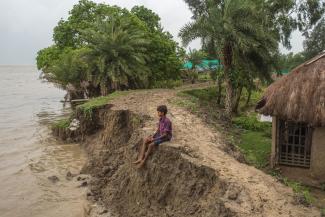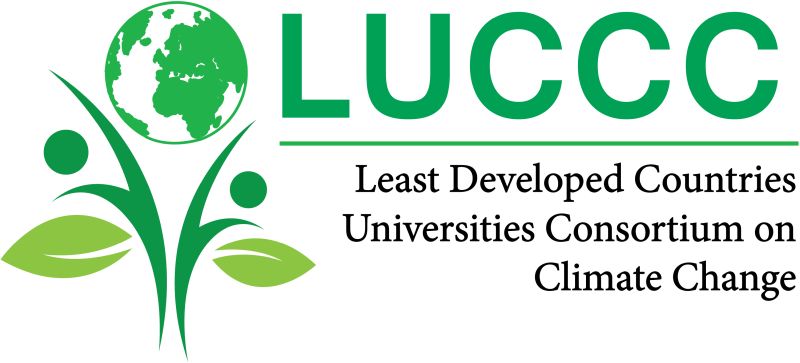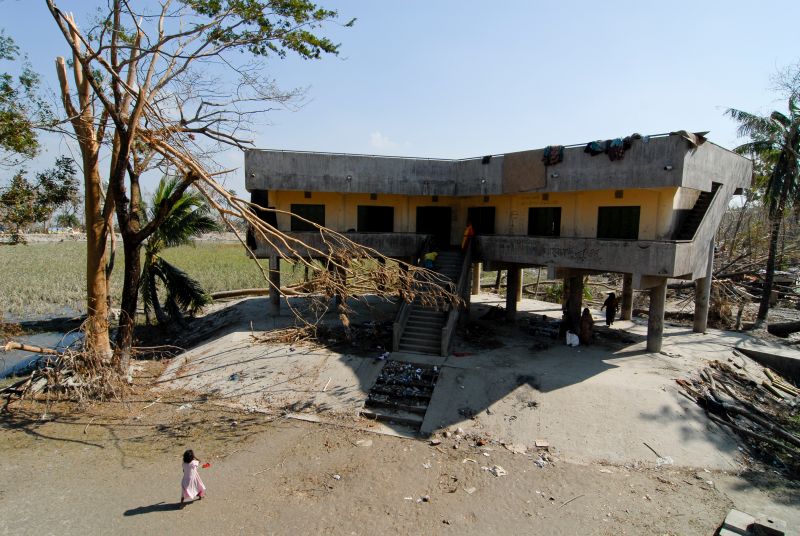Summer Special
Kolkata, New York, Venice

In “The great derangement”, an essay Ghosh published in 2017, he wrote that factual reality of the climate crisis exceeded the scope of a novel (see D+C/E+Z blogpost from 19 November 2018). For one thing, environmental change was a global phenomenon, he pointed out, while novels were expected to deal with a specific time and place. Moreover, Ghosh wrote back then, the impacts of global heating seem to be unthinkable.
The author has now convincingly risen to those challenges. “Gun island” tackles the global phenomenon from a distinctly Bengali perspective. The first chapters are set in Kolkata and a remote island in the Ganges Delta, where storms are intensifying, coasts are being eroded and biodiversity is dwindling. This beautiful, but constantly shifting and dangerous landscape was the location of an earlier Ghosh novel, “The hungry tide” (2004). Some characters from “The hungry tide” reappear – and it becomes clear that life has become ever more precarious.
Young men in particular are eager to leave. Ghosh traces two of them as they attempt to get to Italy. On their trip, they join Bangladeshis and easily blend in with them. The novelist shows that national borders are erratic results of history rather than anything one might consider natural.
One of Ghosh’s two migrants from West Bengal makes it to Venice, an ancient city threatened by the rising sea level. As has become typical of Italy, this city has a considerable community of Bangladesh immigrants, most of whom do poorly paying menial jobs, typically without any legal protection. Ghosh’s other young man is diverted to Egypt, from where he tries to get to Italy too.
There is another kind of migration however. Some of Ghosh’s protagonists are academically successful Bengalis with careers in the USA. The lead protagonist is a Bengali scholar who has become a New York City-based rare-bookseller. Crucial scenes of the novel play in a wild-fire engulfed Los Angeles.
During a short stay in Venice, the bookseller meets the illegal immigrant by coincidence. They know one another from a dramatic encounter in the Ganges Delta which culminated in a person being bitten by a cobra and only barely surviving.
A leitmotif of “Gun island” is a popular Bengali legend about a merchant who is hounded by a snake goddess. The merchant tries to escape and goes on an adventurous journey overseas which to some extent resembles Homer’s Odyssey.
The novel starts with the bookseller becoming interested in the myth once more. His PhD thesis had shown that the legend probably originated during the little ice age of the 17th century, when failed harvests and other calamities caused serious problems all over the world – including the 30-years war in Germany (see Hans Dembowski in Monitor section of D+C/E+Z e-Paper 2017/10). As “Gun island” progresses, the bookseller eventually concludes that the legendary merchant himself must have found his way to Venice.
As the plot unfolds, the bookseller’s life story begins to resemble the merchants’ Odyssey. He keeps encountering poisonous creatures and only narrowly escapes. He sticks to rational reasoning as an academically trained person should, but he increasingly becomes aware of the relevance of premonition and the scope for supernatural experience in human life.
There is thus a spiritual dimension to the book, and that fits another point Ghosh made in the “The great derangement”. In view of the current crises humanity is facing, he finds the pronouncements of faith leaders, and in particular Pope Francis, more convincing than the language of multilateral agreements and government policies.
The plot has many surprising twists, but the general setting is plausible. Though the happy ending is tinged by death, it resembles religious miracle narratives and is perhaps a bit too euphoric.
References
Ghosh, A., 2019: Gun island. London: John Murray.
Ghosh, A., 2017: The great derangement. Chicago: University Press.
Ghosh, A., 2005 (paperback): The hungry tide. London: HarperCollins.










